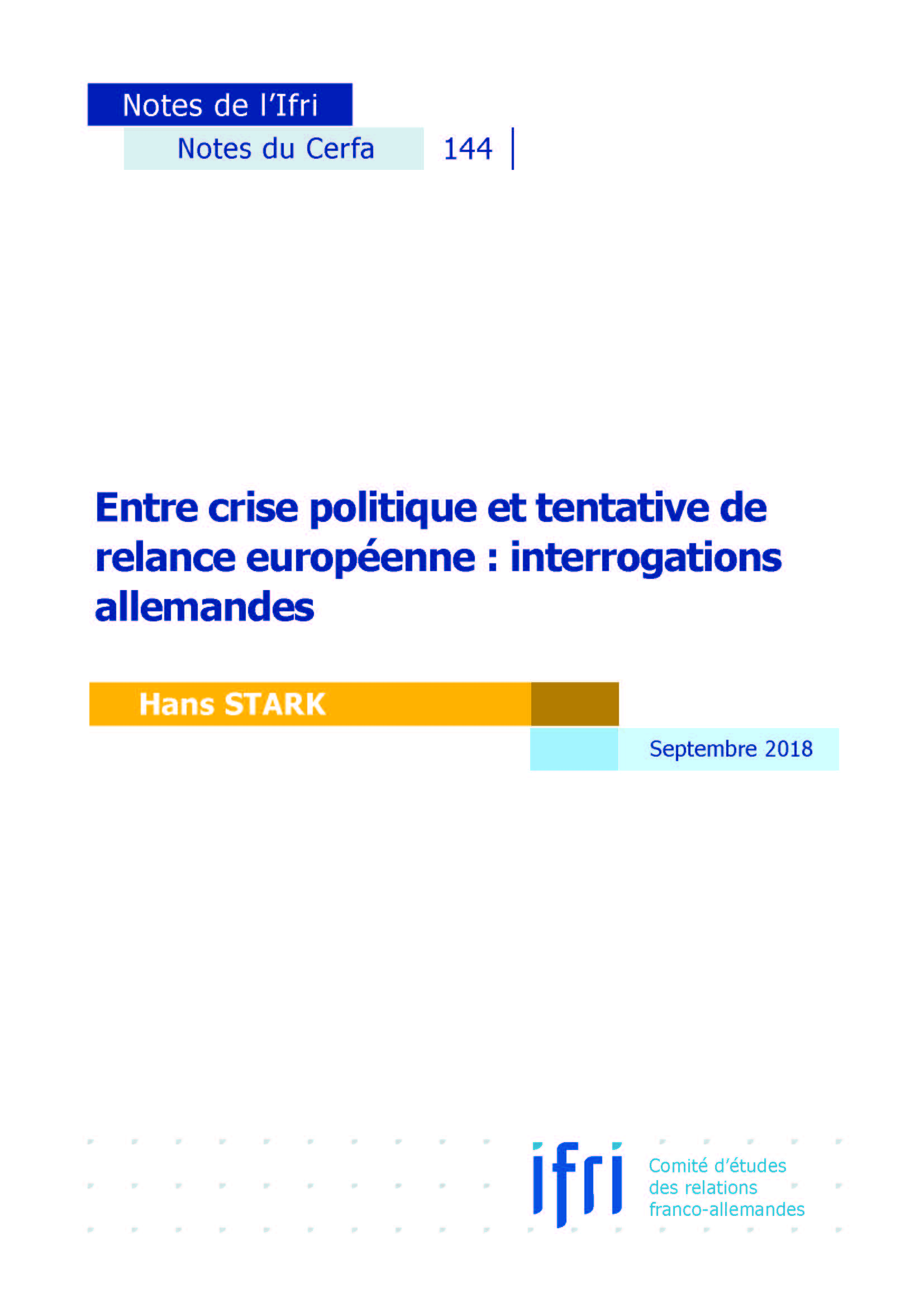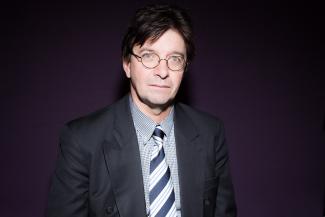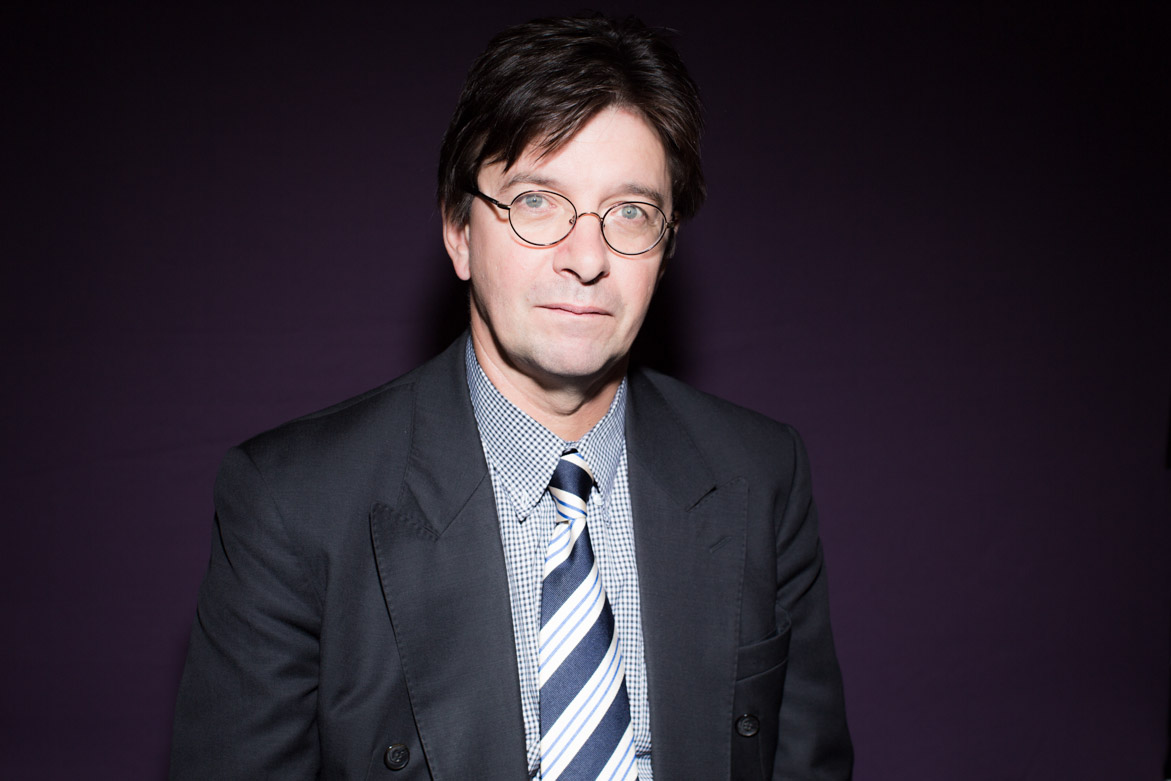Between political crisis and European recovery attempt: German interrogations

Even though the CDU-CSU led Grand Coalition was renewed following the German legislative elections of 24 September 2017, and even though Angela Merkel was re-elected chancellor a fourth consecutive term, the country has entered a period of growing political uncertainty. The formation of a new government took much longer than after previous elections for a number of different reasons: after negotiations, the liberal party refused to join a coalition with the CDU-CSU and the Green party, the SPD was reluctant to continue in government, and, above all, the internal divisions of the two sister parties CDU et CSU, that nearly caused the fall of the new government three months after its investiture.
These recurrent crises are due to the strengthening of the national-populist party AfD that became Germany’s third party, to the reorientation of the liberal party, but also and in particular to the erosion of traditional parties that are reflecting upon their own ideological profile. The union of CDU-CSU is torn between opposing political trends while the SPD, whose crisis falls within the decline of European socialist parties, is fighting for survival.
In this context, Germany is focusing on internal political and public issues rather than on major European issues that divide the governing parties. Currently, there is no majority in favour of wide-ranging European reforms in Germany. Due to a lack of internal consensus, Berlin will therefore in the coming months not be able to take up, together with France, a leading role in the European integration.
Since 1991, Hans Stark has been General Secretary of the Committee for Studies of Franco-German Relations (Cerfa) at the French Institute of International Relations (Ifri), where his main interests are German foreign politics and German European politics.
This contents is available in french only: Entre crise politique et tentative de relance européenne : interrogations allemandes.
Related centers and programs
Discover our other research centers and programsFind out more
Discover all our analysesThe 2026 State Elections in Baden-Württemberg: First Test For Chancellor Merz's Federal Government?
The state election in Baden-Wuerttemberg in March 2026 will be the first major test of public opinion for Chancellor Friedrich Merz's federal government. At the same time, Baden-Wuerttemberg is one of the federal states that—as an important location for the German automotive industry and its suppliers—is particularly affected by the transformation policy driven by climate change and the international conflict constellation.
Bundeswehr: From Zeitenwende (historic turning point) to Epochenbruch (epochal shift)
The Zeitenwende (historic turning point) announced by Olaf Scholz on February 27, 2022, is shifting into high gear. Financially supported by the March 2025 reform of Germany’s “debt break” and backed by a broad political and societal consensus to strengthen and modernize the Bundeswehr, Germany's military capabilities are set to rapidly increase over the coming years. Expected to assume a central role in the defense of the European continent in the context of changing transatlantic relations, Berlin’s military-political position on the continent is being radically transformed.
Merz’ European Policy-making: The End of the ‘German Vote’?
Friedrich Merz’s European ambition is to turn Germany, long seen as hesitant into a leading actor within the European Union (EU). To that end, he has pledged to end the “German vote,” a phenomenon that epitomizes the paradox of a country both indispensable and frequently absent from European decision-making.

Securing critical raw material (CRM) value chains – a prerequisite for Europe’s technological resilience
At the heart of economic security, technological resilience is a backbone of the European Union’s (EU) competitiveness. The EU’s energy and digital transitions depend on critical raw materials (CRM).













